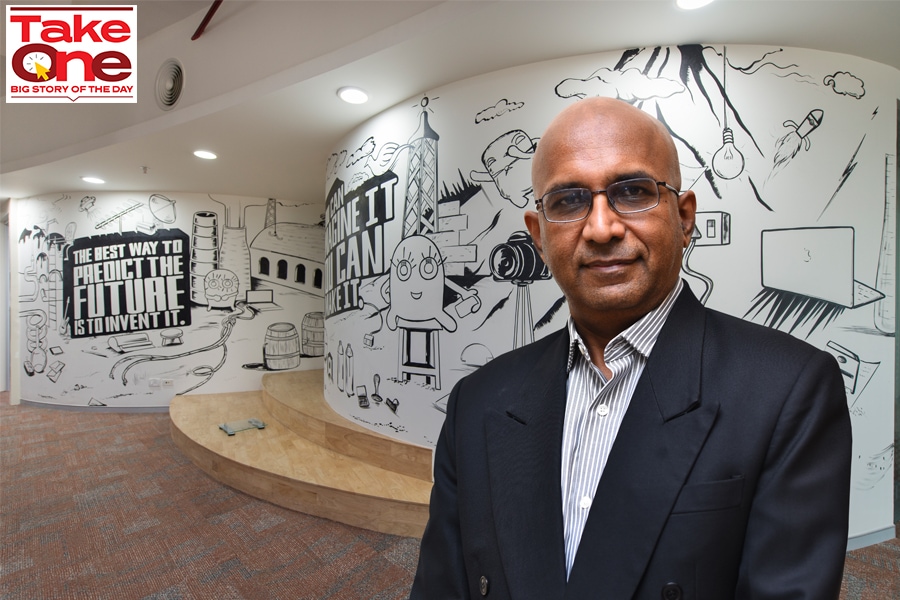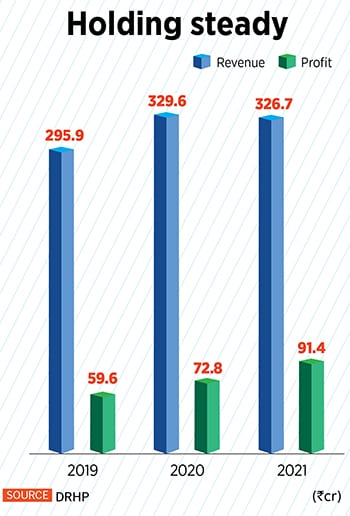
How Venkat Viswanathan built LatentView Analytics into India's IPO blockbuster
The 15-year-old data analytics company has taken the conventional road to growth and profitability by focussing on global clients and Indian talent
 Venkat Viswanathan, Founder and Chairman, LatentView Analytics
Venkat Viswanathan, Founder and Chairman, LatentView Analytics
Venkat Viswanathan has always had a knack for staying ahead of his time.
Long before the internet and emails went mainstream in India, Venkat, as the job placement representative for his batchmates at IIM Calcutta in the early 1990s, set up an email address for placements.
“My colleague and I set up the first email address for the placement office so that people could digitally contact us,” says Venkat, speaking from San Francisco. “They didn't need to send faxes or letters by post, which was how it used to be in the early ’90s.” He had used the institute’s internal network (intranet) to set up the email address. It was only in 1995, the year Venkat graduated from IIM Calcutta, that India’s first publicly available internet service was launched by state-owned Videsh Sanchar Nigam Limited (VSNL).
Incidentally, earlier in 2021 when his company LatentView Analytics was invited by IIM Calcutta to participate in their placement programme, the first thing he checked was the email address of the placement office. “That email address is still there,” he says.
Perhaps this ability to understand the potential of what the future holds is what propelled him into the books of India’s richest businessmen, after a blockbuster debut at the bourses recently. LatentView Analytics received record bids worth Rs 113,000 crore, the highest ever in the history of the Indian primary market, during its Rs 600-crore initial public offer (IPO) in November. It was more than five times the demand for India's largest-ever IPO from Paytm. The issue, which was priced at Rs 190-197 per share, was oversubscribed 338 times, and came just two days after the Paytm debacle.




 By the time Venkat graduated from IIM Calcutta, he had already been placed at ICRA, the credit rating agency, where he worked as a senior consultant before moving in Cognizant a few years later. India was then in the midst of an information technology boom, and Venkat was among the first few MBAs that the IT services company had hired. “They told me, don't learn any programming because we already have too many people who know how to code,” Venkat says, “We don't have anyone who knows how to talk to customers.”
By the time Venkat graduated from IIM Calcutta, he had already been placed at ICRA, the credit rating agency, where he worked as a senior consultant before moving in Cognizant a few years later. India was then in the midst of an information technology boom, and Venkat was among the first few MBAs that the IT services company had hired. “They told me, don't learn any programming because we already have too many people who know how to code,” Venkat says, “We don't have anyone who knows how to talk to customers.” 



